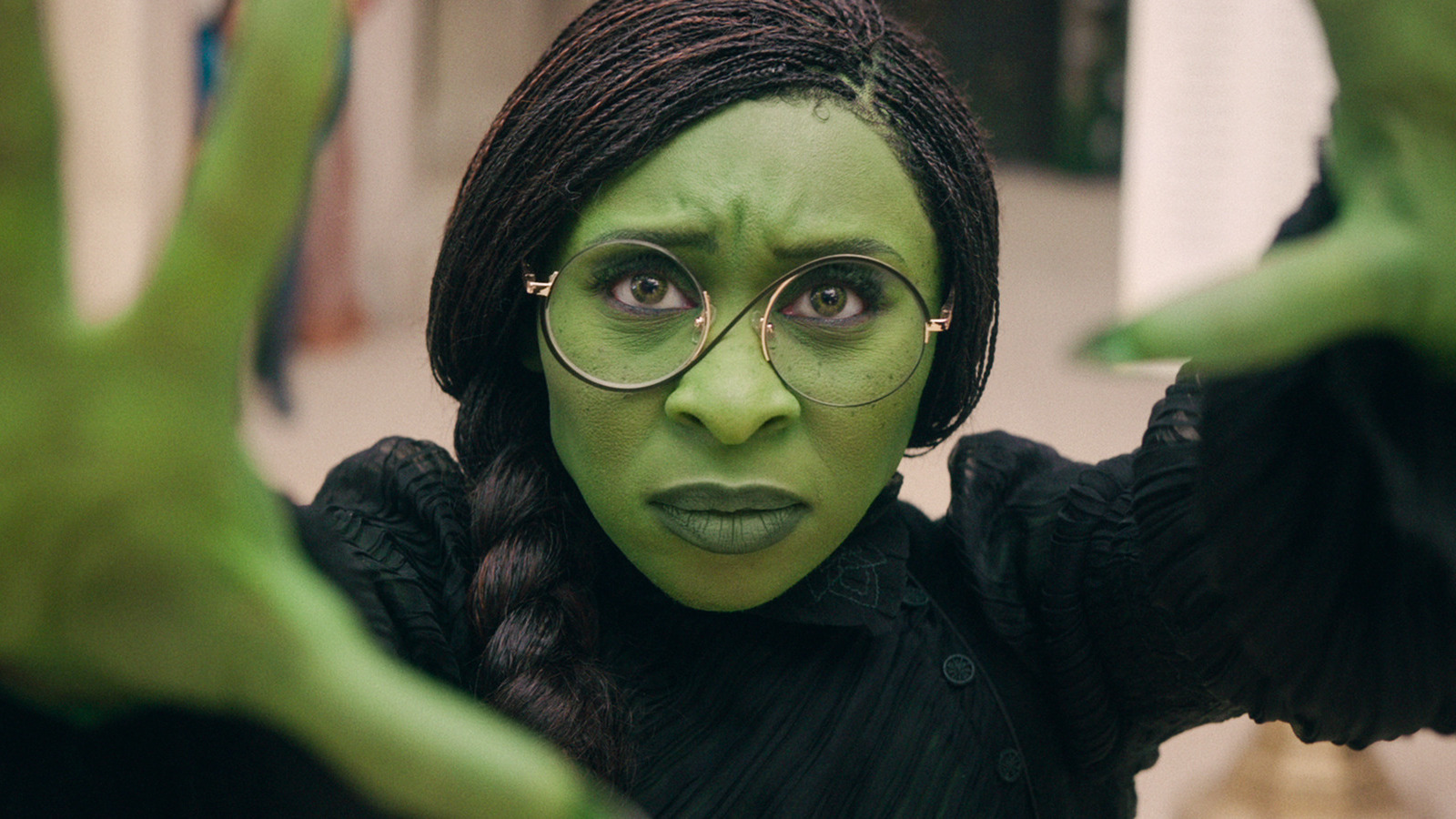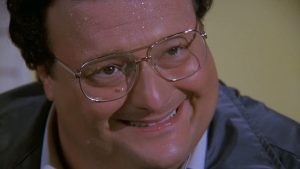
Wicked Movie Review: A Chaotic and Incomplete Take on the Beloved Broadway Show
By Witney Seibold Nov. 19, 2024 3:00 pm EST
Gregory Maguire’s revolutionary novel “Wicked: The Life and Times of the Wicked Witch of the West,” released in 1995, arrived at a time when the youth of Generation X were relishing the opportunity to critique pop culture and examine the ridiculous layers of storytelling from previous eras. It was an age when Richard Linklater’s “Slacker” humorously dissected the Smurfs, and Kevin Smith’s “Clerks” philosophically considered Death Star engineering. The mid-’90s atmosphere fostered a sense of impending media doom, allowing audiences to take pleasure in dismantling cherished narratives. Maguire effectively reimagined the notorious Wicked Witch of the West from L. Frank Baum’s 1900 classic “The Wonderful Wizard of Oz,” presenting her as a misunderstood figure from a twisted tale of friendship and betrayal involving a self-absorbed Glinda and a tyrannical Wizard.
Maguire’s narrative found immense success, resonating with that decade’s essence of snarky analysis. This groundwork paved the way for “Wicked,” the Broadway musical that premiered in 2003, winning three Tony Awards and launching the careers of Idina Menzel and Kristin Chenoweth. Unlike the novel, the musical adopted a more sincere tone, featuring memorable songs like “Popular” and the powerful “Defying Gravity.” It aimed to portray Elphaba, the Wicked Witch, as a relatable and empathetic character. Fast forward to 2024, and Jon M. Chu brings us a film adaptation that ambitiously runs for 161 minutes, yet only covers the first half of the Broadway tale. Unfortunately, Chu’s “Wicked: Part I” is devoid of the humorous irony that characterized Maguire’s work, feeling more like an overstuffed and muddled spectacle than a musical powerhouse.
In this version, young Elphaba’s story begins as an illegitimate child cursed with green skin and telekinetic abilities, which she unleashes in response to bullying. As played by Cynthia Erivo, who excels vocally, Elphaba emerges as a rather bland character. Her portrayal lacks emotional depth, opting for a muted representation of anger or joy. Ariana Grande, credited in the film as Ariana Grande-Butera, embodies Galinda, the archetype of a superficial socialite whose character is meant to contrast sharply with Elphaba’s. While Grande can hit high notes effortlessly, her performance rarely breaks free from a limited emotional range.
The dynamic between Elphaba and Galinda could be ripe for conflict, yet their on-screen chemistry is sorely lacking. Although song lyrics hint at the development of their rivalry, the exchange of glances feels flat. It’s only during the song “Popular” that Grande seems to inject some life into her role, while both actresses seem dwarfed by the film’s grandiose set design. The sole standout performance comes from Jonathan Bailey, who plays Fiyero, a character that briefly injects freshness into the narrative with his lively number, “Dancing Through Life.”
The storyline itself fails to ignite interest or deliver a cohesive narrative. Elphaba grapples with injustices at Shiz University, where intelligent animal professors face discrimination, epitomizing the film’s broader themes of prejudice. However, the exploration of these themes feels stale, weighed down by a reliance on overused origin-stories. As the film progresses, audiences are subjected to tedious revelations about Elphaba’s iconic hat, broomstick, and even the creation of the Yellow Brick Road. Such exposition ultimately feels laborious and unnecessary.
Chu, known for directing visually engaging musicals like “In the Heights,” struggles to capture the essence and energy of a Broadway show. Rather than creating a compelling visual landscape, the film transforms Oz into a cacophony of garish colors reminiscent of an overly decorated theme park. Individual creativity seems overshadowed by excessive production values, making it hard to appreciate the artistic merit.
With an exhausting runtime of 161 minutes, “Wicked” stretches thin material into a cinematic experience that tests viewers’ patience. The comparison to Ron Howard’s “Dr. Seuss’ How the Grinch Stole Christmas” becomes inevitable, as both films transform light narratives into lengthy spectacles that visually overwhelm. While both films showcase the artistry behind their production, they ultimately end up as confusing visual overloads.
To sum it up, “Wicked” emerges as a lackluster adaptation that falls short of its Broadway roots, leaving audiences longing for a spark of genuine whimsy and vibrant storytelling. Opening in theaters on November 22, 2024, it seems this iteration may leave more to be desired.
/Film Rating: 4 out of 10



